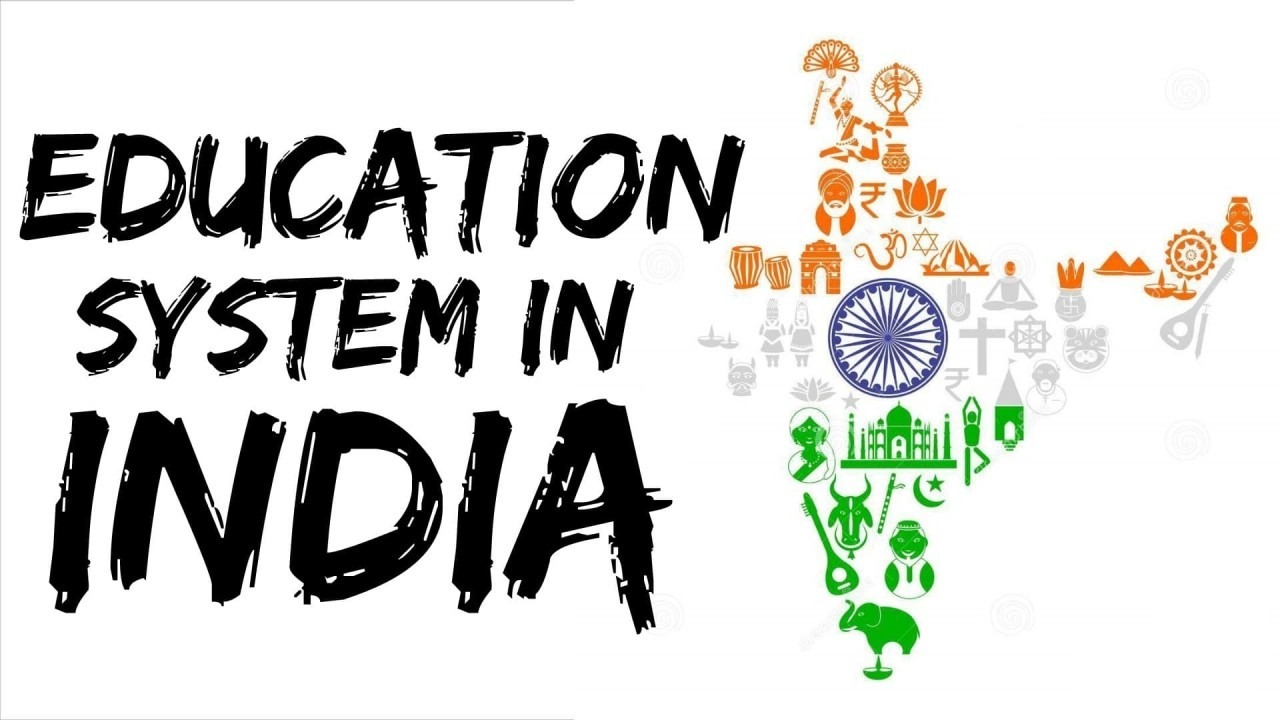
India’s education system is undergoing significant reforms aimed at fostering critical thinking, creativity, and innovation among students. The new curriculum, introduced by the Ministry of Education, focuses on developing skills that are essential for success in the modern world, such as problem-solving, digital literacy, and adaptability.
The reforms are designed to better prepare students for the challenges of the future, as India continues to build its global competitiveness in fields like technology, manufacturing, and research. Schools and universities will be encouraged to adopt interdisciplinary approaches to learning, incorporating subjects such as robotics, artificial intelligence, and environmental sustainability.
The shift in focus from rote learning to a more interactive and application-based education model will help students develop a deeper understanding of concepts and their real-world applications. The new curriculum will also emphasize the importance of ethical values, social responsibility, and collaboration, which are essential for personal growth and the betterment of society.
Education experts believe that these reforms will improve India’s position as a global hub for innovation and talent. By equipping students with the skills needed to thrive in an increasingly complex and interconnected world, India is positioning itself to remain a leader in the knowledge economy.
Read More: Fake ISRO scientist exposed: used to sexually exploit women through matrimonial websites; arrested
--Advertisement--

 Share
Share



